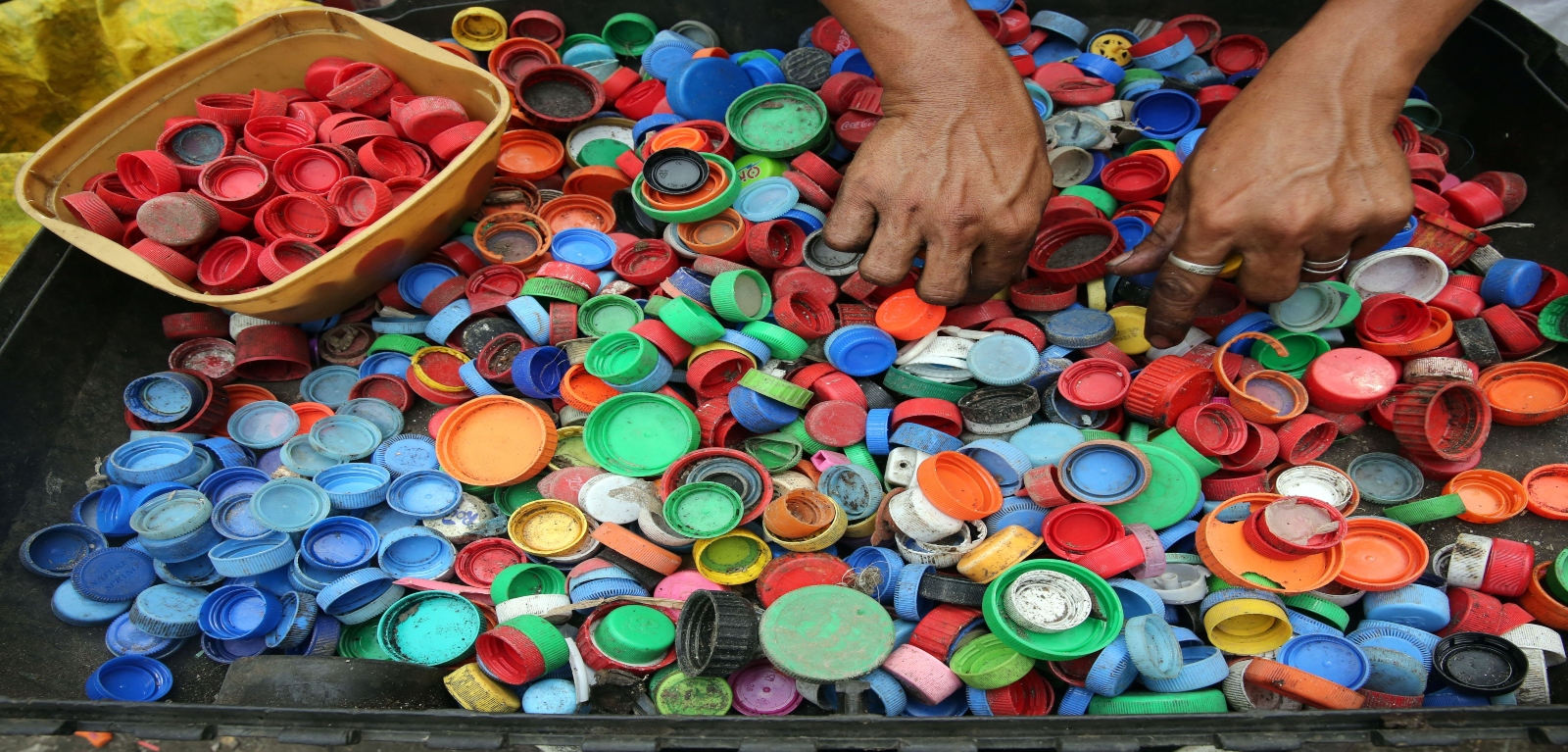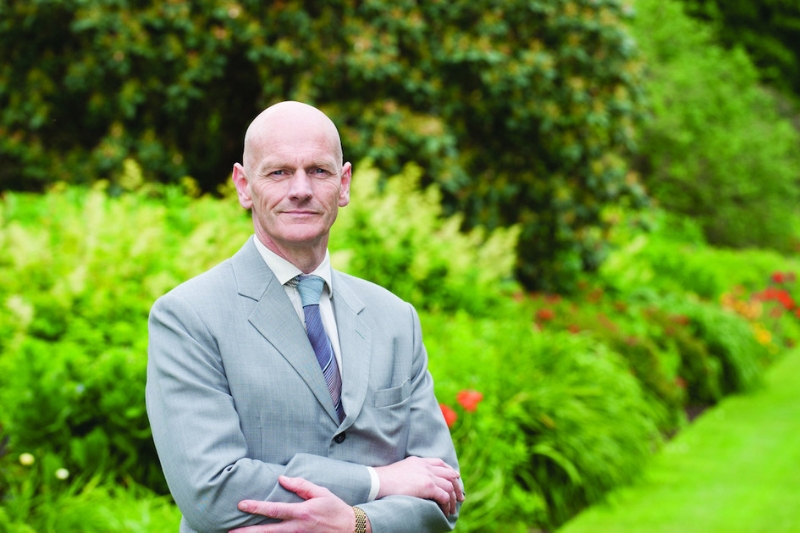New research to tackle plastics, one of humankind’s 'greatest threats to existence'
IGFS researchers are investigating the damage that nano plastics and microplastics can have on the human body.

The researchers are working as part of an international consortium led by Aston University and have been awarded over half a million pounds from the European Commission as part of the Marie Skłodowska-Curie Actions.
There is an estimated 5.25 trillion particles of plastic floating in the Earth’s oceans, which is threatening the health of marine ecosystems and animals, and also that of humans in the water we drink and the food we eat.
Microplastics come from a range of everyday items through the breakdown of large plastic waste in bottles, shopping bags and industrial waste. It also comes in the form of microbeads, which are small, manufactured plastic beads used in health and beauty products. They have recently been found in our soil, tap water, bottled water, beer and even in the air we breathe, with a growing concern about the potential health risks they pose.
Professor Chris Elliott, a co-leader of the project from IGFS, explains: “There has been a growing concern about the potential health risks microplastics pose to us, whether through ingesting the harmful bacteria they pick up when coming through wastewater plants, or the effect these nanoplastics could have when coming into contact with human cells.”
Professor Elliott added: “The global production of plastic, that can take hundreds of years to biodegrade, is expected to triple by 2050 meaning the problem is only set to increase. This illustrates the urgent need for more research into the damage these plastic particles could be causing us if we are to tackle possibly one of the planet’s greatest threats to our existence.”
To address this increasingly serious problem, the European Commission will issue new drinking water legislation, due to be published in 2019, stating that water companies will need to measure concentrations of microplastics from within two years for positive release and inspection.
Dr Cuong Cao, who also co-leads the project, said: “While in theory we welcome this legislation, in practical terms there are huge financial and resources implications that could prevent its implementation. Highly-skilled professionals will be required to operate the high-tech equipment needed to run these tests successfully if we are to meet these standard measurements.”
Dr Cao added: “With the number of plastics set to increase each year, coupled with the complexity involved to reach an EC standard, this research project has come at a crucial time. It will enable us to work in collaboration with the most skilled researchers across Europe to enhance their skills as well as developing new technologies to enable industry and businesses to adhere to the proposed legal requirements of nano and microplastics in food and drink.”
Featured Expert

